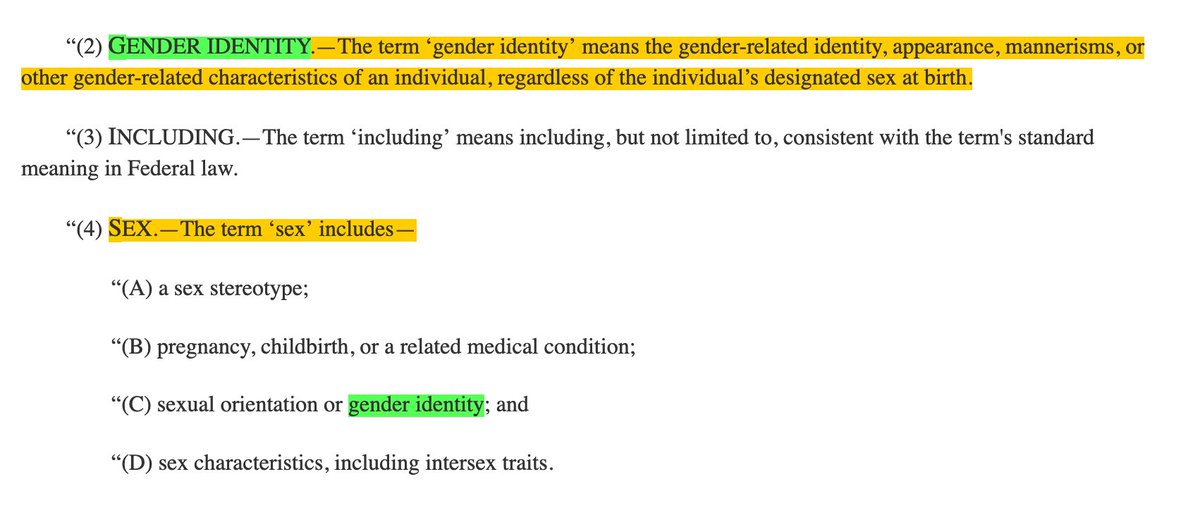
1/ I learned a lot more from my experiments that "failed" than from the ones that went according to plan. Failed methods followed by troubleshooting and retesting makes you understand your system much more intimately, and often leads to insight and new lines of research.
2/ In fact, I came up with the idea for my PhD dissertation after a "failed" field experiment where ants destroyed spider colonies within hours that my colleagues spent weeks setting up. And my own subsequent methodological failures led to great insight.escholarship.org/uc/item/4pm302… 

3/ And the first time I tried studying paper wasps in the field I attempted to place queens in nest boxes and planned to follow colony growth and reproductive output over the season. The second I opened their nest boxes, EVERY SINGLE QUEEN flew away and never came back. 😐
4/ I ended up pivoting that season and doing a field experiment with hammock spiders instead. But the next season I modified my field methods for my wasps and had only a 15% nest abandonment rate. 😀 This led to many interesting discoveries and helped me understand their biology.
5/ There's really no such thing as a "failed experiment." The failures are just as important as the "successes", and perhaps even more important. Sure, it can be extremely frustrating, but that's science for you. Nature throws curveballs. Nobody said it's supposed to be easy.
• • •
Missing some Tweet in this thread? You can try to
force a refresh






